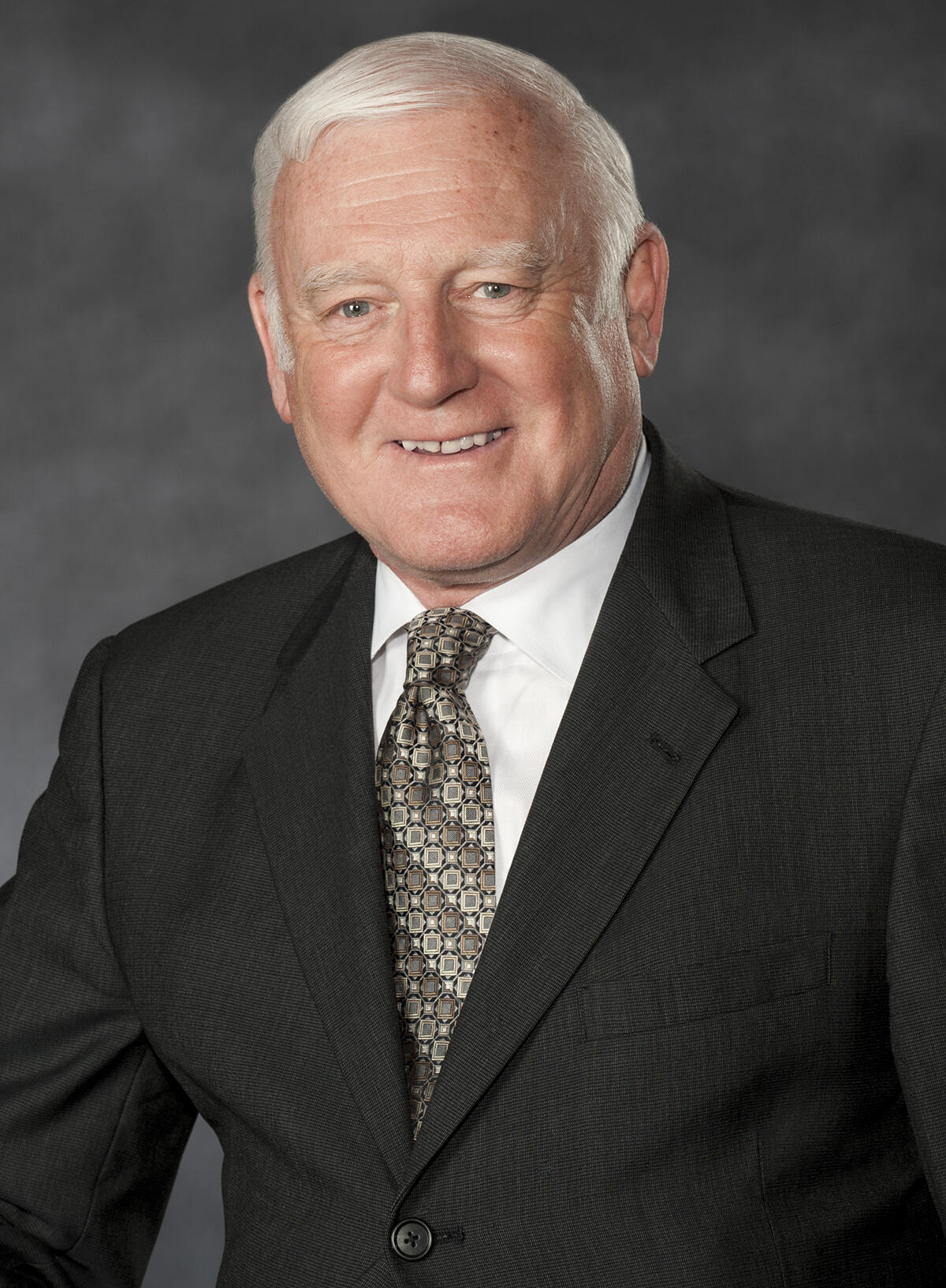Nov. 28, 2017
Three faculty members promoted to prestigious professorships
Share this story
Three Virginia Commonwealth University faculty members have been promoted to commonwealth and university professorships, which are among the highest honors that can be granted to a university employee, in recognition of their exemplary contributions to teaching, research and public service.
M. Samy El-Shall, Ph.D., Mary Eugenia Kapp Endowed Chair in Chemistry and chair of the Department of Chemistry in the College of Humanities and Sciences, and Sonya Clark, a distinguished research fellow in the School of the Arts, were promoted to the rank of commonwealth professor.

Candidates who are nominated for commonwealth professor must have an established prominence through extraordinary scholarly attainment, educational advancement, or leadership in an academic discipline or field of study, with national or international distinction.
El-Shall has developed a high-profile research program for more than 28 years at VCU that couples intrinsic scientific merit with significant real-world applications in the fields of clusters, nucleation, nanostructured materials and catalysis. He has mentored a diverse group of students at VCU that includes 77 undergraduates, seven masters, 31 doctoral students and 24 postdoctoral and visiting research scientists. El-Shall and his group have developed novel nanomaterials for applications in emerging technologies in energy production, conversion and storage as well as for clean environment, including pollution-free air and sustainable clean-water resources.
Clark, who served as chair the Department of Craft/Material Studies from 2006 through 2017, was awarded a universitywide Distinguished Scholars Award in 2016 and is a renowned artist whose work has been exhibited in more than 350 museums and galleries in the Americas, Africa, Asia, Europe and Australia.

Photo by Diego Valdez
She has been the recipient of a United States Artist Fellowship, a Pollock Krasner award, an 1858 Prize, Art Prize Grand Jurors Award, and an Anonymous Was a Woman Award, a Red Gate Residency in China, a BAU Carmago Residency in France, a Rockefeller Foundation Bellagio Residency in Italy, a Smithsonian Artist Research Fellowship, a Knight Foundation Residency at the McColl, a Civitella Ranieri Residency in Italy, a Yaddo Residency, and a VCUarts Affiliate Fellowship at the American Academy in Rome.
“I came to VCU because it seemed fertile ground for art to spread its roots widely. My supposition proved accurate. Here I am, over a decade later, filled with deep gratitude for all who made this prestigious award a possibility,” Clark said. “I am truly grateful to be a recipient of this honor. Though within the context of this vibrant art community, the recognition doesn’t feel singular. The award serves as evidence of the contributions artists collectively make to this university’s research agenda and the overall well-being of our humanity. Together, I hope we will keep acknowledging and supporting the work art does to create dialog, to imbue us with empathy and to engender progress.”
Nicholas Farrell, Ph.D., a professor in the Department of Chemistry, was named a university professor, which recognizes faculty members who teach or conduct research that crosses discipline boundaries and have an established prominence in multiple fields of study, with national or international recognition in at least one field of study.

Farrell’s research crosses the disciplinary boundaries of chemistry, biochemistry, chemical biology and medical sciences, and he has achieved prominence and international recognition in each of those fields.
His lab’s goal is to expand the frontiers of the understanding of the role and utility of metal complexes in biology and medicine. His 1989 book “Transition Metal Complexes as Drugs and Chemotherapeutic Agents” was one of the first to categorize and explain a field that includes the use of platinum complexes in the clinical treatment of cancer, as well as effects on viruses, bacteria, the historical use of gold complexes in arthritis, and nitroprusside as a vasodilator.
For the topic of platinum anticancer chemistry, Farrell’s lab’s objective is to design and develop complexes acting by new discrete mechanisms of action. The drug triplatin (BBR3464) developed from his laboratory remains the only “nonclassical” platinum complex to have entered human clinical trials and is representative of a unique class of agents, discrete in structure and mechanism from the current clinically used drugs. He has received more than 60 patents worldwide for his inventions. His current projects also include the study of the “coordination chemistry” of zinc finger proteins, contributing to the understanding of the design of antiviral (specifically HIV) coordination compounds from first principles.
Subscribe for free to the VCU News email newsletter at http://newsletter.news.vcu.edu/ and receive a selection of stories, videos, photos, news clips and event listings in your inbox every Monday and Thursday during the academic year.
Subscribe to VCU News
Subscribe to VCU News at newsletter.vcu.edu and receive a selection of stories, videos, photos, news clips and event listings in your inbox.










